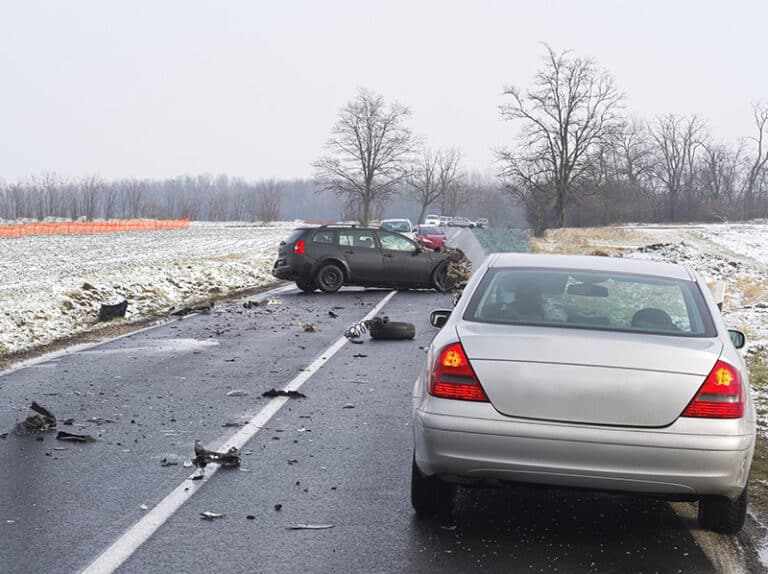At times, in the line of duty, a police officer may be shot or injured by another police officer who is also attempting to carry out his or her duties. When this happens, the officer who fired the shot may face civil liability, depending on the circumstances surrounding the incident.
Supreme Court on if a Police Officer Shoots Another
The U.S. Supreme Court has determined that the answer to the question “Is this officer liable for shooting another officer?” must be answered by asking “what would a reasonable officer on the scene have known?”, rather than “what did this officer know?” This standard, also known as the “objective reasonableness” standard, is articulated in Graham v. Connor (1989): “[t]he question is whether the officers’ actions are ‘objectively reasonable’ in light of the facts and circumstances confronting them, without regard to their underlying intent or motivation.”
Asking Another Officer
When asking whether an officer is liable, the court isn’t interested in asking the officer. The court isn’t interested in what he or she thought, knew, or believed at that moment. Instead, they will ask what an ordinary “reasonable” officer, in the same position as the officer who fired the shot. They’re interested in what this officer was likely to have thought, known, or believed. They want to know whether that “reasonable” officer would have fired the shot in those circumstances.
What the Court Considers Reasonable
But how does the court decide what a “reasonable officer” would have done in that situation? Here, the court generally turns to a big-picture view of the entire situation. This is known as the “totality of the circumstances.” Under the rule laid out by the U.S. Supreme Court in U.S. v. Arvizu (2002), considering the totality of the circumstances “allows officers to draw on their own experience and specialized training to make inferences… that might well elude an untrained person.” The court will ask how a reasonable, trained police officer would have reacted to the situation based on his/her training. This is different from how a reasonable civilian might have reacted in the same situation.
What happens if a reasonable police officer, considering the circumstances, would not have fired the shot that struck another officer? The court is likely to hold the officer who did fire the shot liable for doing so.
Officer-on-officer shootings are rare. However, there are several cases imposing liability on the shooting officer when he or she unreasonably mistook the victim officer for a threat. Shooting a fellow police officer is objectively unreasonable if the shooter “should have been able to recognize that the figure he was shooting was a fellow officer . . . .” Jensen v. City of Oxnard, 145 F.3d 1078, 1086 (9th Cir. 1998).







